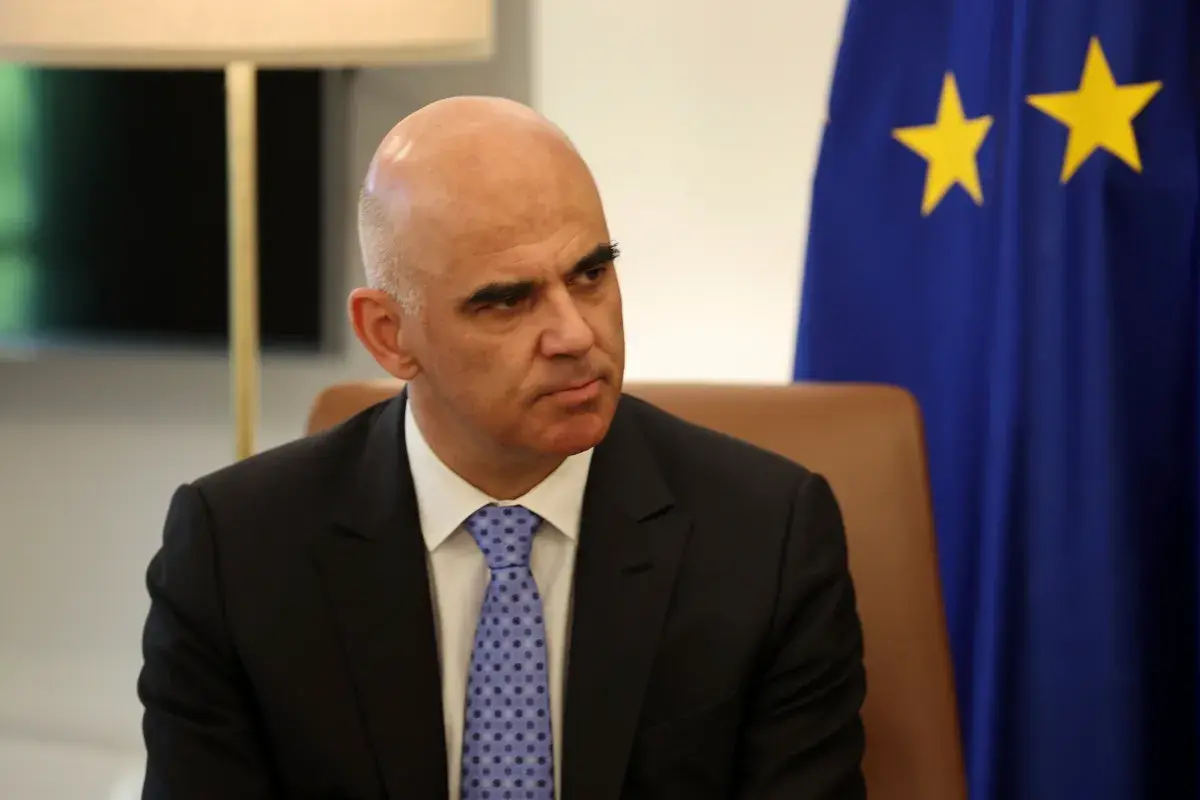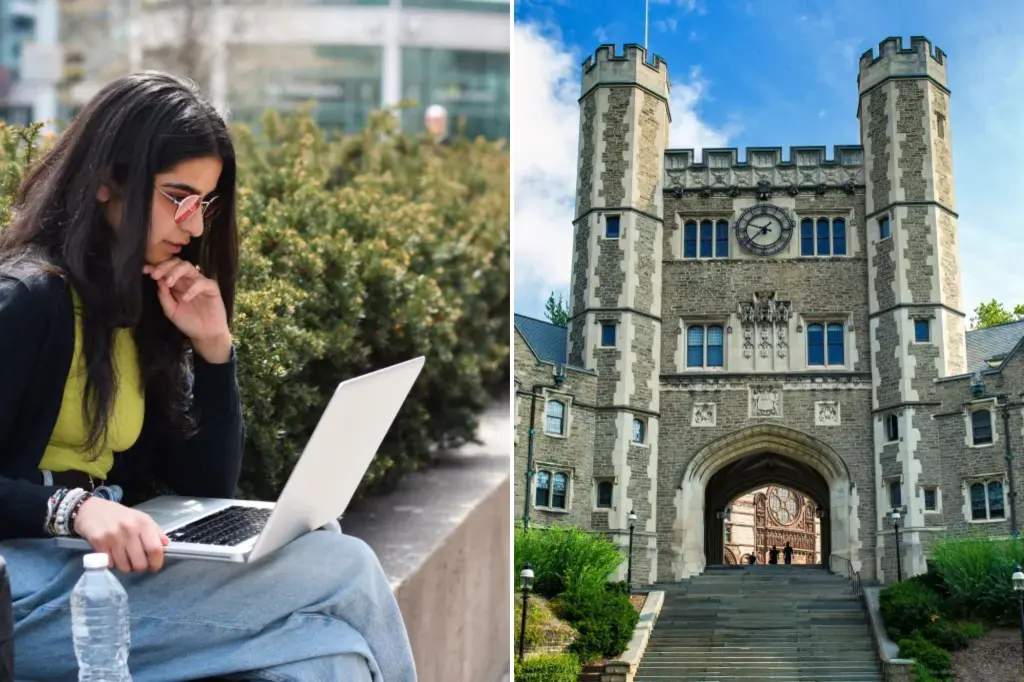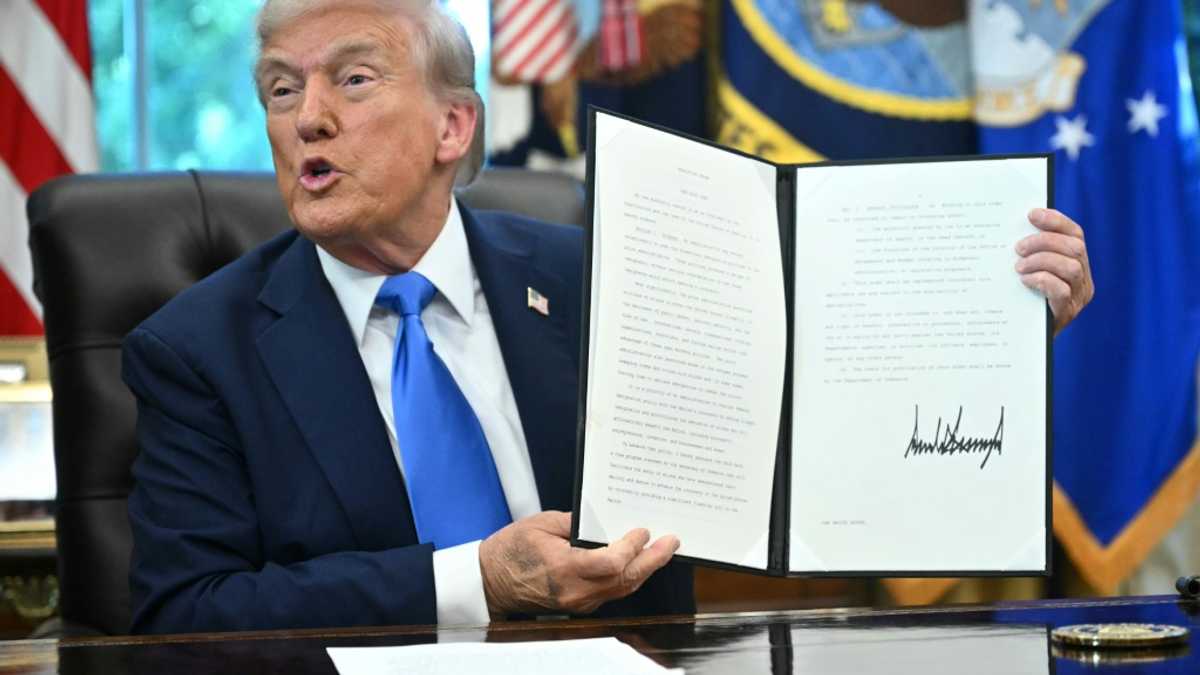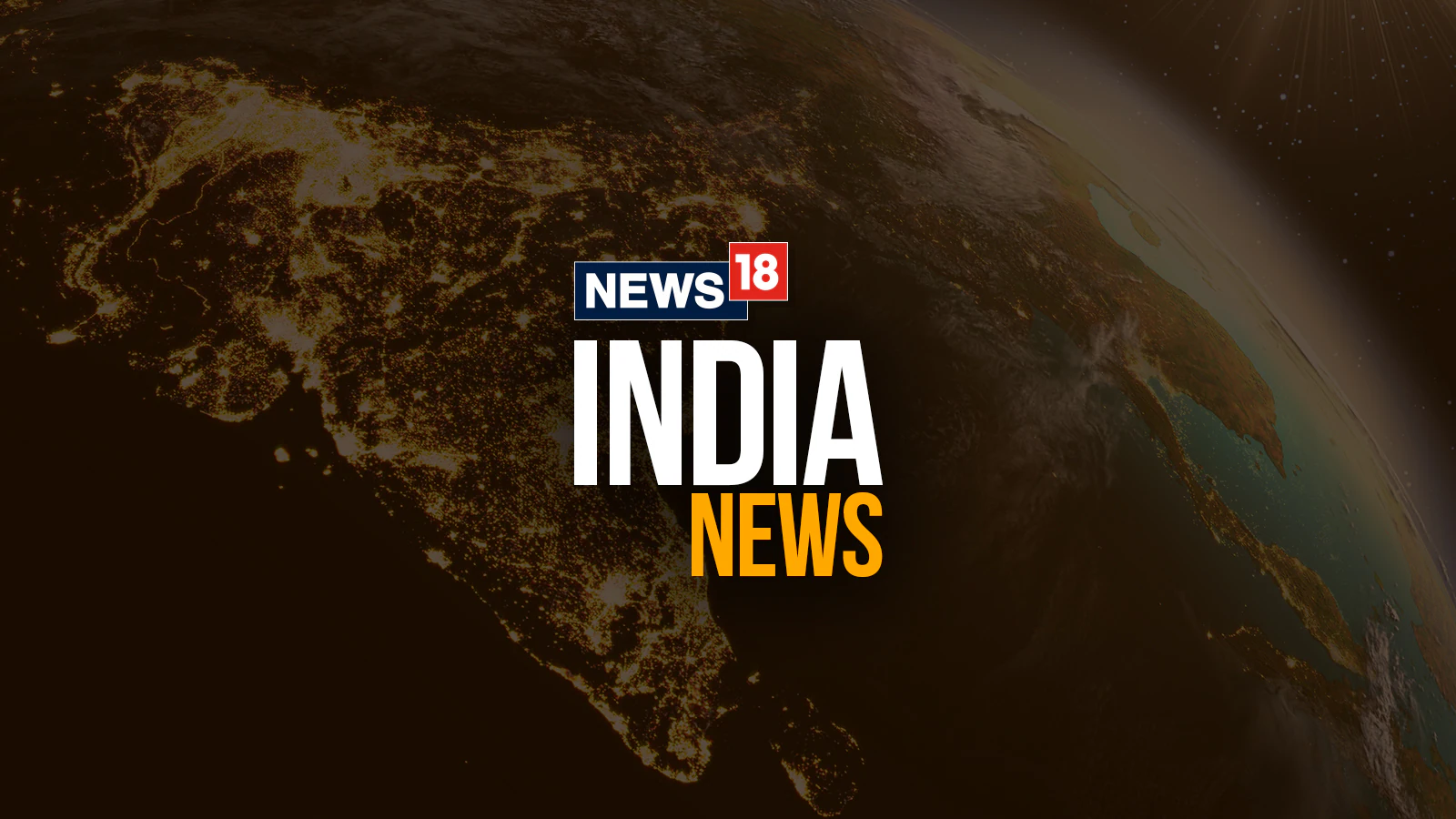
The head of Europe’s oldest intergovernmental organization has warned that the West is caught in the throes of a series of crises that bears the real risk of undermining democracy, stability and rule of law, telling Newsweek that urgent measures were needed to rebuild trust in institutions designed to uphold these values.
In an interview on the sidelines of the U.N. General Assembly, Council of Europe Secretary-General Alain Berset outlined a “sequence of crises” dating to at least the 2008 financial crash that has sowed the seeds of discord contributing an uptick in unrest, conflict and various forces seeking to upend the current order across the continent and beyond.
“Financial crisis, debt crisis, the first stage of the war in Ukraine, just to take this example, that means war again on the European continent,” Berset, who previously served as president of Switzerland from 2018 to 2023, told Newsweek. “Then we had the rise of populism, the crisis of multilateralism. We have had pandemics, the full-scale invasion of Ukraine and, during all the time, the climate crisis.”
“It’s not one crisis, it’s the perfect storm,” Berset said. “It’s creating instability, and it means that it’s destroyed perspective, and this has also destroyed trust in institutions.”
The situation, he argued, calls for massive investment in “comprehensive security,” and not just the kind of “hard security” to which the European Union has pledged some 800 billion euros on defense this year.
“I think this divide between hard and soft security is outdated,” Berset said. “There is no chance to have stability with this huge amount of investment in military and defense without investing at the same level—maybe not the same amount of money, but at the same level of engagement—on democratic security.”
No Going Back
The concept of “democratic security” was first outlined by the Council of Europe at the 1993 Vienna Summit, which took place just two years after the collapse of the Soviet Union and the effective end of the Cold War. Hopes were high then as countries once part of the Iron Curtain began to embrace the Council of Europe’s mission “to promote democracy, human rights and the rule of law across Europe and beyond.”
This mission began in 1949, four years after the end of World War II, with the Council of Europe’s establishment as the first major collective institution of Western European nations, shortly before the formation of the European Union.
Berset believes strongly in this mission today, at a time when the Council of Europe counts some 46 member states—more than the EU. At the same time, he acknowledges, “we have also been a bit naive” in not foreseeing and sufficiently addressing the trends that have shaped what he called “the new reality” the continent now faces on multiple fronts.
“This new reality, it’s not only the geopolitical realities, it is also with technology, really a huge revolution,” Berset said, “and what social media, artificial intelligence, deepfakes, what the division of societies, division of debate, polarization, hate speech, means for democratic debates.”
“There is no journey back to the ancient world,” he added. “We need to adapt to the new one. And I think it is a deep crisis. And the best thing that we can do is to go with full engagement to renew this order because there is no better alternative.”
Turning the Tide
Yet polls across Europe suggest more people, particularly younger generations, are losing faith in democracy. A survey published in July by the Germany-based TUI Group found that less than 60 percent of respondents ages 16 to 26 believed democracy was the best form of government and more than one in five would back a more authoritarian rule.
Meanwhile, parties espousing nationalist rhetoric are on the rise across Europe, with right-wing nationalist movements counting historic electoral turnouts in a number of nations.
Berset acknowledged that skepticism toward democratic institutions was breeding calls for stronger leaders and even the dissolution of parliamentary and electoral systems but asserted that such thinking was “wrong.” He argued it would be incumbent upon the Council of Europe and its member states to work toward creating “new perspectives” capable of steering the continent away from a grim trajectory.
“The risk is that now in this crisis, it is quite unpredictable,” Berset said. “What will happen, it could even be dangerous.”
“We must be not naive now, not a second or a third time about this reality,” he added, “and we must work with this new reality, and try, I would say, to avoid the wars and to create a new equilibrium where it will be possible to find the optimum for all the countries, for us, member states, and between continents.”
A Different Kind of Battle
Among the biggest shocks to the European order has been the war in Ukraine, launched by Russia in February 2022 after eight years of insurgency by Moscow-aligned separatists.
Russian President Vladimir Putin has portrayed the war as a “special military operation” with the stated goals of defending Russian minorities, uprooting neo-Nazi ideology and preventing Ukraine from joining NATO. Across much of Europe, however, the conflict is viewed as an unprovoked war of aggression that not only marked the deadliest conflict on the continent since World War II, but also the end of complacency on security.
For the Council of Europe, addressing the war and its fallout is considered a top priority. With NATO and the EU delivering on arms shipments to Ukraine and sanctions against Russia, the Council of Europe is doing its part on other fronts, including pursuing legal cases and gathering an ambitious register of damage to account for the immense scale of human and material harm caused by the conflict.
“We have an organization coming just after the World War Two with the idea that we don’t want to live in a world where destruction, violence and war will prevail,” Berset said. “We want to live in a world where rule of law, predictability, peace, democracy and human rights will prevail.”
He said the Council of Europe also seeks to strengthen cooperation and collaboration between various multilateral institutions to set standards and foster dialogue, not just as it relates to the Russia-Ukraine war, but also on other conflicts, including long-standing tensions between Armenia and Azerbaijan, both Council of Europe members, who recently embarked on a peace process backed by the United States, a Council of Europe observer state.
Such work, he argued, would prove crucial in helping uplift the outlook of those, particularly young people, who otherwise see greater uncertainty in the immediate future than was the case just three decades ago.
“Now, for the youngest generation, 20 years old today in 2025, they have no idea what will be the reality in five years,” Berset said. “This is destroying the perspective for the population and also the trust in institutions, and that’s why we need to correct this. That’s where we can deliver.”
The America Question
The challenges Europe faces today are far from unique to the continent. Popular discontent with traditional leadership and established practices has been grown increasingly prevalent in the U.S. and constituted a core component of President Donald Trump’s first and second terms.
Trump has also taken aim at Europe over ideological differences, most recently criticizing allies on green energy practices, immigration and other issues that have created a transatlantic divide. His administration’s commentary on European domestic policies, along with the embrace of like-minded right-wing movements, has also raised alarm bells from European leaders and institutions, including in a recent report by the European Council on Foreign Relations and European Cultural Foundation.
As critics at home and abroad also accuse the Trump administration of pursuing more authoritarian practices domestically, measures viewed by supporters as necessary adjustments to a broken system, Berset said the debate was part of a broader trend that would need to be addressed through closer partnership.
“This whole discussion about what democracy means, that it’s not delivering anymore, what rule of law means, [that] maybe we can play with [these concepts] a bit, it’s not only the U.S., but also the U.S.,” Berset said. “And for us, it’s a bit, well, surprising to see this, and we just need to remain strong on the principles and to advocate for this but always to dialogue according to what it means.”
He recalled his recent participation in an event at the Astana International Forum in May, after which he said one head of state in attendance pointed out that he was the only speaker to mention the word “democracy,” an ideal he said some of those disillusioned now view as “woke.”
“That’s the world we are living in right now, and that’s the reality we must face,” Berset said. “And for us, advocating for democracy, work for human rights, we need to see the context.”
“And if democracy has become a dirty word, we have a problem, because what is the alternative?” he added. “I know a lot of alternatives to democracy, it’s just that I don’t want to live in any of those alternatives.”



